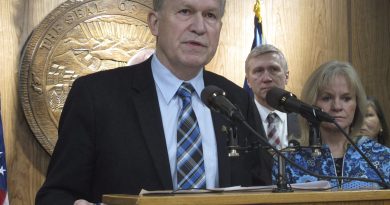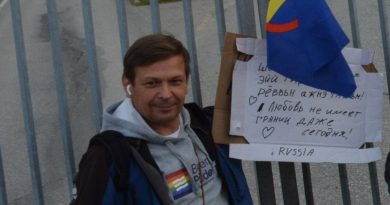Parliament passes Faroe Islands’ Arctic policy
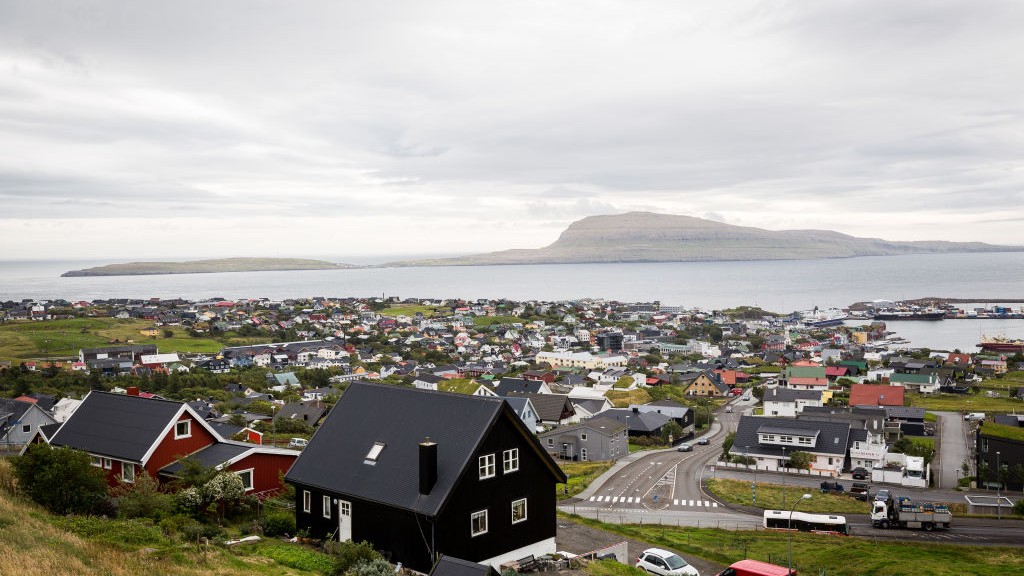
The parliament in the Faroe Islands passed the archipelago’s Arctic policy on Monday, a framework heavily focused on security, international cooperation and the environment.
“The Arctic Policy aims to define the Faroe Islands as a partner in the Arctic and strengthen the role of the Faroe Islands in international cooperation and relevant fora, including the Arctic Council,” the government said in a statement.
The Faroe Islands are part of the Kingdom of Denmark along with Greenland. It has additional long-term interests in the Arctic as its continental shelf extends into the Arctic Circle, as well as fishing interests.
“The policy spotlights the Faroe Islands’ interest in keeping the Arctic as a low tension region but that Russia’s invasion of Ukraine requires augmented communication and and cooperation with allies,” the polar strategy said.
“The Faroe Islands support measures that reduce the likelihood of misunderstandings, as well as efforts to mitigate unintended escalation.”
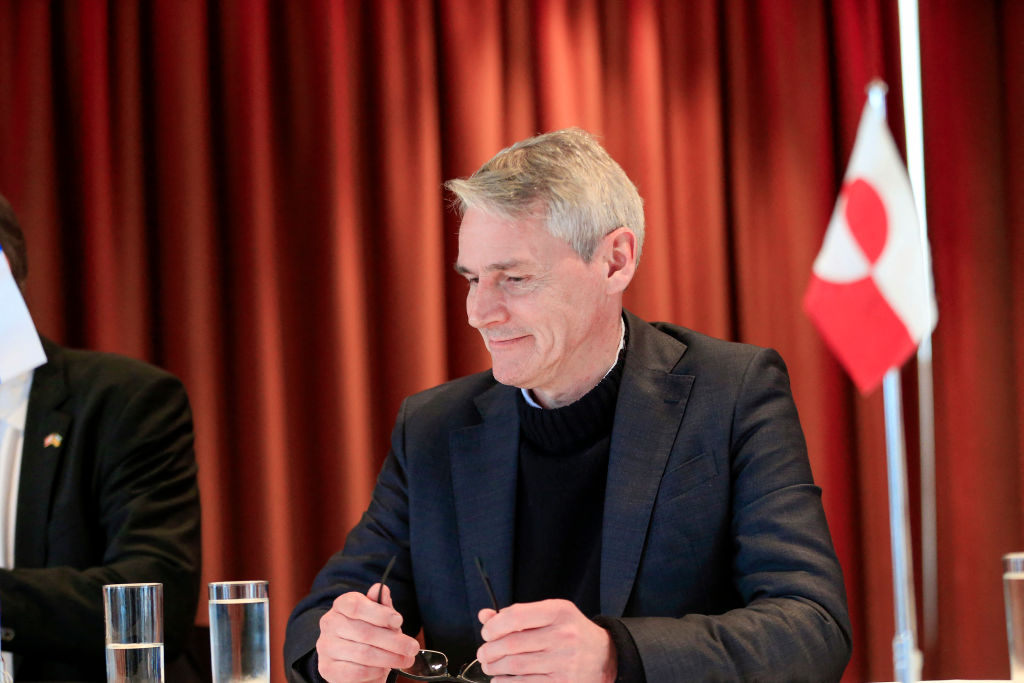
Sweden and Finland’s ascension into NATO has already opened up increased prospects for collaboration, the document said.
“The evolving geopolitical landscape necessitates Arctic nations to navigate a heightened sense of uncertainty in security dynamics, marked by Russia’s assertive stance challenging the existing order.”
Faroe Islands seeks independent voice in international forums
The strategy, first launched at the 2022 Arctic Circle Assembly, emphasizes that bolstered international cooperation will be vital not only for addressing regional security concerns but also for tackling environmental challenges. This will primarily involve Nordic cooperation and collaboration with other Arctic nations like Canada, both within the Arctic Council and in broader contexts, the policy said.
“For the Faroe Islands to contribute to international cooperation, it is essential to engage with relevant organisations and collaborate directly with other countries,” the policy said.
“Consequently, the Faroe Islands aspire to obtain an independent voice in all relevant organisations and areas of cooperation.”
‘Priority must be Arctic residents’ environmental security’
The document describes Arctic climate change as the most pressing challenge for northern nations, with the Faroe Islands aiming to reduce its greenhouse gas emissions by 45 per cent by 2023.
“The temperature of the Arctic region must not increase,” the strategy said.
“This goal is of direct for the rate of change in ice levels that consequently effects regional terrestrial and marine ecosystems, including those surrounding the Faroe Islands.”
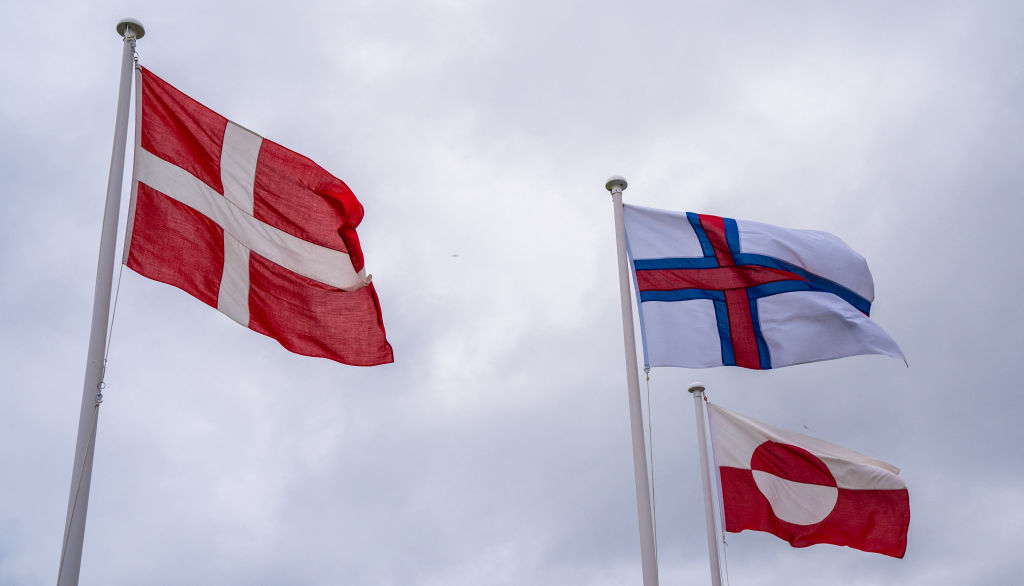
The policy also emphasizes directing further research efforts towards studying adaptation measures, recognizing the ongoing impact of actions by other nations on the Arctic.
“Harmful substances travel long-distances with ocean currents and air currents around the globe and pollute the environment in the Arctic, including the Faroe Islands, affecting its flora, fauna, and inhabitants,” the document said. “Soot particulate emissions further accelerate Arctic ice melt.”
The population of the Faroe Islands is approximately 53,000 people.
Comments, tips or story ideas? Contact Eilís at eilis.quinn(at)cbc.ca
Related stories from around the North:
Canada: Canada pledges billions for defence, falls short of NATO’s 2%, CBC News
Denmark: Denmark’s Arctic, North Atlantic focus: Canada among new defence attaché posts, Eye on the Arctic
Norway: “Historical strengthening of our Armed Forces,” says Norway, The Independent Barents Observer
Russia: Russia’s Arctic policy at risk of major collapse, The Independent Barents Observer
Sweden: Swedes must mentally prepare for war, says military top brass, Radio Sweden
United States: White House releases U.S. Arctic strategy implementation plan, Eye on the Arctic


